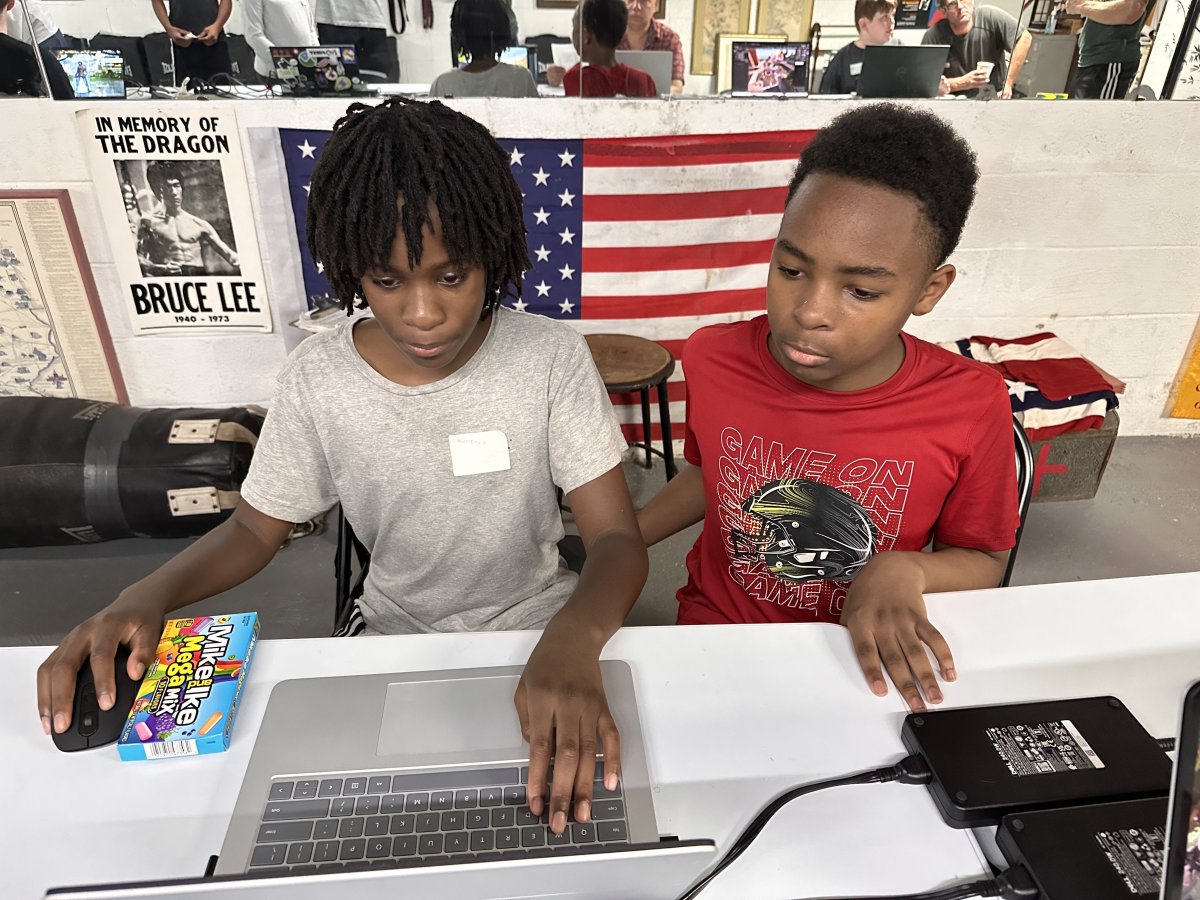(Reuters) -Facebook may not lift its ban on the Taliban even if the United States stops imposing sanctions on the group, which has rapidly taken control of Afghanistan, the social media company’s policy chief said on Wednesday.
The U.S. State Department does not list the Afghan Taliban as a Foreign Terrorist Organization like it does the Pakistani Taliban. But Washington does sanction the group as a “Specially Designated Global Terrorist,” which freezes the U.S. assets of those blacklisted and bars Americans from working with them.
“They will not be allowed while they are prescribed by the U.S. law and even if they were not prescribed by U.S. law, we would have to do a policy analysis on whether or not they nevertheless violate our dangerous organizations policy,” Facebook’s vice president of content policy Monika Bickert said on a call with reporters about the company’s latest community standards enforcement report.
Facebook says it designates the Taliban a terrorist group and bans it from its platforms. Bickert said the ban had been in place before she joined the company in 2012.
Major tech companies have faced scrutiny about how they will handle the group that has seized control in Afghanistan following a withdrawal of U.S. troops. Alphabet Inc’s YouTube said that it bans the group due to U.S. sanctions, but Twitter Inc has allowed the group to have a presence.
“In 2001 when the U.S. invaded Afghanistan, these companies did not exist,” said Rose Jackson, director of the Democracy & Tech Initiative at the Atlantic Council’s Digital Forensic Research Lab, and they now face consequential decisions akin to state determinations of governments.
The Taliban have become digitally savvy and now use a wide range of social media platforms and messaging services like Facebook’s WhatsApp and Telegram to communicate with Afghan citizens and the international community.
(Reporting by Elizabeth Culliford in London, England; Editing by Howard Goller)























